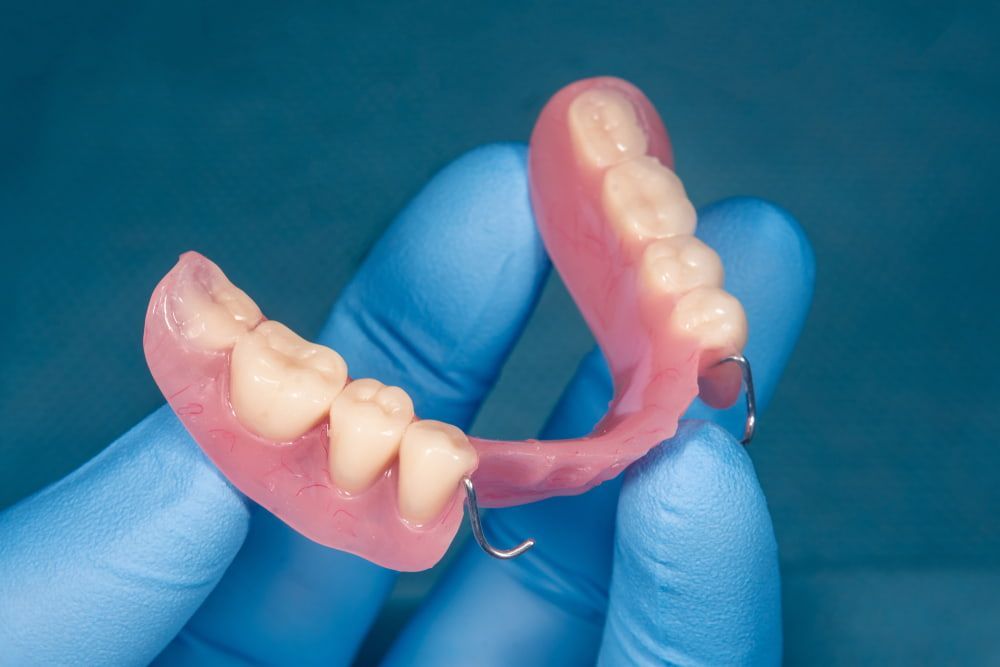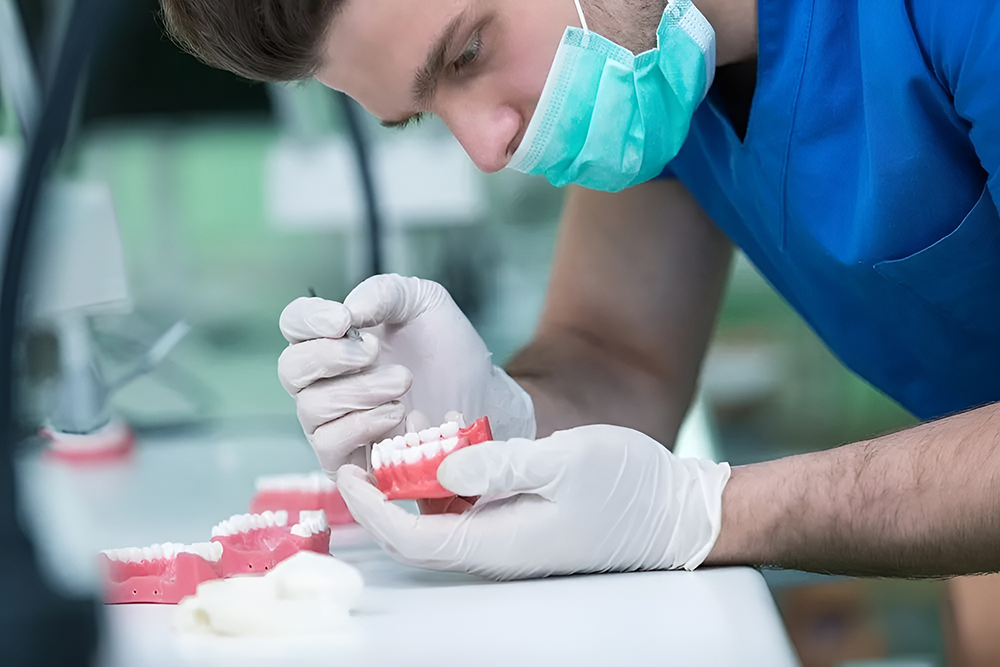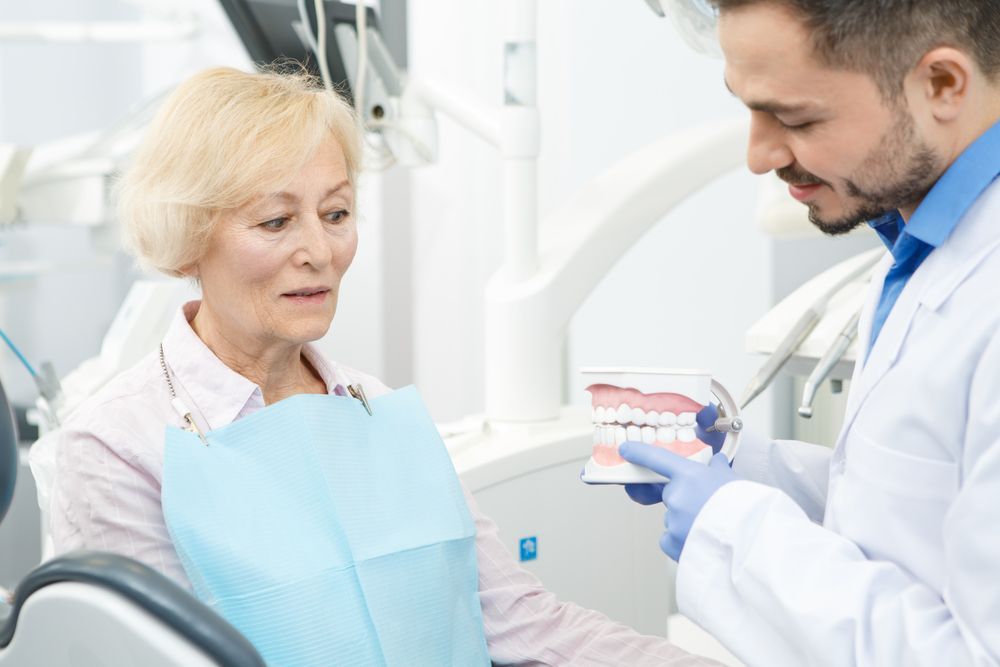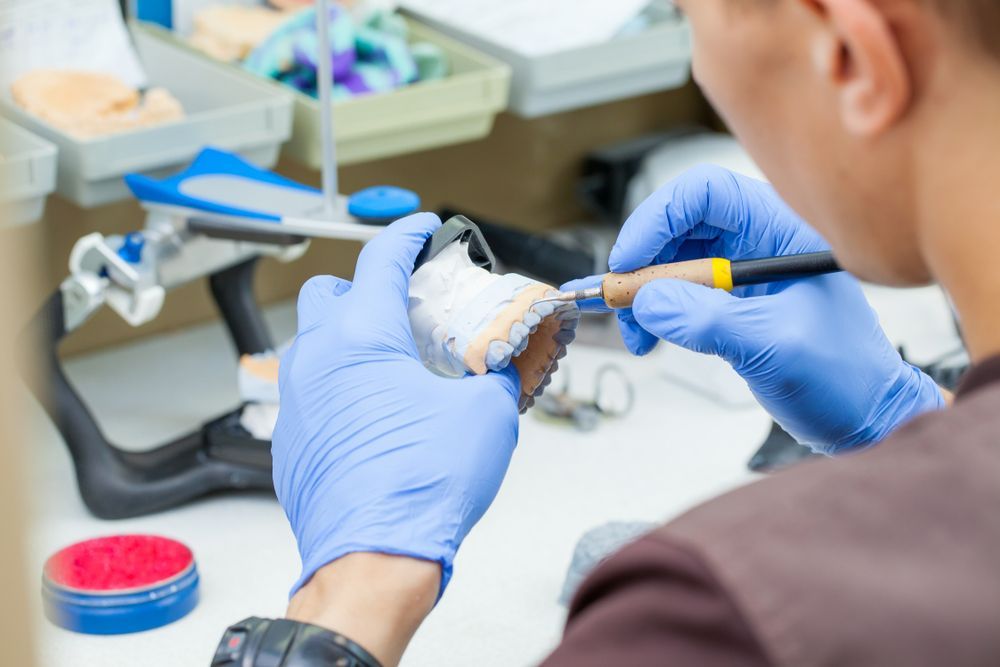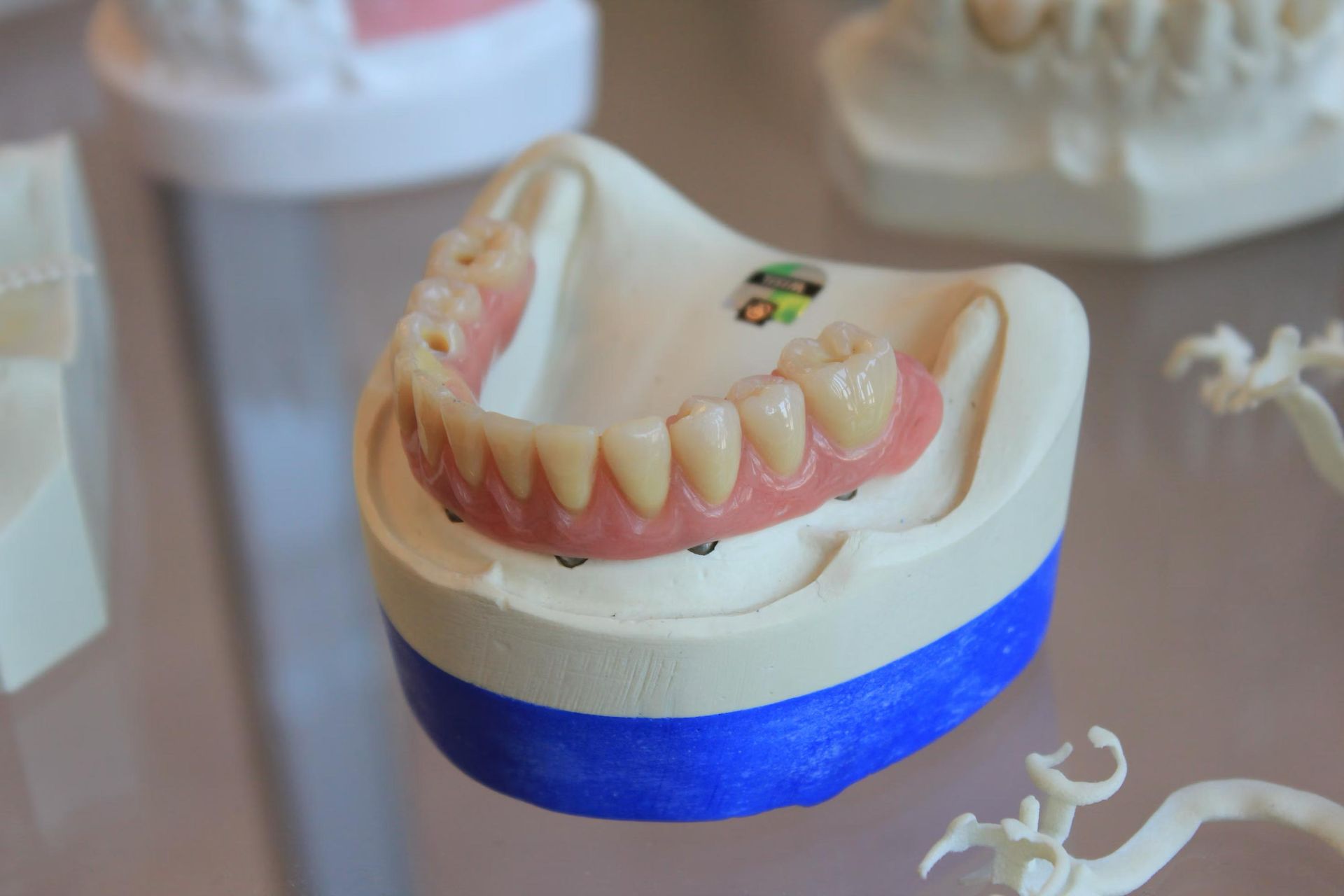Denture Services in Katoomba: Finding the Right Dentures for You
Exploring dentures is a significant step in restoring comfort and function to your daily life. Whether you’ve recently lost a tooth or have been living with several gaps for years, understanding your options is crucial. A range of denture services is available to support individuals with personalised solutions that aim to enhance daily living without promising any particular outcomes. These services focus on assessing your unique needs and offering guidance through the available types of dentures.
In this blog, we explore the key types of denture services available, how they differ, and what to consider when selecting.
Understanding Your Options: Full & Partial Dentures
When considering dentures, the first distinction is between full and partial solutions. The type you require will largely depend on how many natural teeth you are missing and the condition of your remaining teeth.
Full Dentures:
- Used when all natural teeth in the upper or lower arch are missing.
- Consists of a complete acrylic base that rests on the gums.
- Designed to be removed and cleaned daily.
Partial Dentures:
- Suitable when only some teeth are missing.
- Typically made from acrylic or a combination of acrylic and metal.
- Attach to your remaining teeth via small clasps.
Both types require professional consultation to assess oral health, gum structure, and aesthetic goals. The focus is on providing options aligned with your unique requirements, and any recommendations are based on individual evaluations.
Flexible vs Acrylic Dentures: Materials That Matter
The choice of denture material can influence both comfort and functionality. Two widely available types are flexible dentures and conventional acrylic options.
Flexible Dentures:
- Made from a pliable, lightweight material.
- Designed to adapt closely to the shape of your gums.
- Often used for partial dentures due to their comfort and natural appearance.
Acrylic Dentures:
- More rigid and traditionally used for full dentures.
- Easy to repair or adjust.
- May require more space in the mouth due to thickness.
Each material has its own characteristics. Professionals generally assess factors like jaw alignment, the number of teeth involved, and daily needs before recommending a suitable option.
The Role of Metal Frameworks in Partial Dentures
Metal-based partial dentures offer an alternative to all-acrylic models, particularly when durability and strength are priorities. These are often used in cases where long-term wear and stability are important.
Benefits of Metal Partial Dentures:
- More durable and often thinner than acrylic-only options.
- Provide a snug fit with minimal movement.
- Suitable for individuals seeking a discreet and secure fit.
Considerations:
- They typically cost more due to material and fabrication complexity.
- Adjustments may take longer, depending on the structure.
Relines, Repairs & Adjustments: Long-Term Maintenance
Dentures can change over time in response to your gum and bone structure, like any prosthetic. That’s why local denture services often include relines, repairs, and adjustments to help ensure continued comfort and function.
Common Reasons for Adjustments:
- Dentures feel loose due to natural gum changes.
- Minor damage or cracks from accidental drops.
- Soreness or irritation from uneven pressure points.
Services Provided May Include:
- Soft or hard relines to improve the fit of existing dentures.
- Minor repairs are performed onsite, depending on the material and extent of damage.
- Adjustments to clasps, bite, or positioning.
Periodic check-ins are typically encouraged to review the fit and condition of your dentures, helping to maintain usability and hygiene.
Implant Overdentures: A Supportive Option for Existing Clients
Implant overdentures are a specific type of denture solution that connects to small implants positioned in the jawbone. While unavailable to new patients in Katoomba, this service may be offered to existing clients under certain conditions.
Key Features:
- Snap-on attachment to implants for enhanced retention.
- Useful for individuals who have difficulty keeping conventional full dentures stable.
- Can reduce movement during eating or speaking.
It’s important to note that implant-related services come with additional medical considerations and are not universally appropriate. Any decision regarding this option should be made in consultation with a qualified provider.
Immediate Dentures: Short-Term Support Following Tooth Removal
For those undergoing tooth extractions, immediate dentures can provide a temporary solution while healing occurs. This allows individuals to maintain function and appearance during the initial transition period.
How Immediate Dentures Work:
- Created before tooth removal and inserted immediately afterwards
- Allow for basic eating and speaking while the gums heal
- Require relining or replacement once healing is complete
Immediate dentures are typically viewed as an interim option, with final dentures fitted once the mouth's shape has stabilised. These dentures help bridge the gap during recovery, both functionally and socially.
Cleaning & Storage: Daily Care Practices
Maintaining your dentures properly is essential for their longevity and your oral hygiene. Professional advice often includes personalised recommendations on cleaning techniques and safe storage.
Daily Cleaning Tips:
- Remove dentures at night to give your gums a rest.
- Brush dentures with a soft brush and non-abrasive cleanser.
- Avoid using boiling water or harsh chemicals that can warp the material.
Storage Recommendations:
- Soak overnight in a suitable denture solution.
- Rinse thoroughly before reinserting in the morning.
- Keep dentures in a safe, dry space when not in use.
What to Expect from Your First Consultation
Visiting a provider for denture services in Katoomba typically involves a thorough assessment and discussion of your options. While each case is unique, your initial appointment often follows a clear structure.
During the Consultation:
- You’ll be asked about your dental history and goals.
- An oral examination will be conducted to assess gum health and structure.
- Moulds or impressions may be taken if required.
Next Steps May Include:
- A treatment plan tailored to your individual needs.
- Discussion of timelines, materials, and maintenance requirements.
- Options for follow-up appointments to check fit and comfort.
These consultations aim to provide information rather than guarantees, helping you make informed decisions about your oral health.
Connect With Us for Personalised Denture Guidance
If you’re exploring options for dentures in Katoomba, we invite you to connect with us at The Peaks Denture Clinics to learn more about how our services may align with your needs. Whether you’re after partial, full, or interim support, get in touch via our contact page or give us a call to book a consultation. We're here to assist you in navigating your options with care and clarity.

